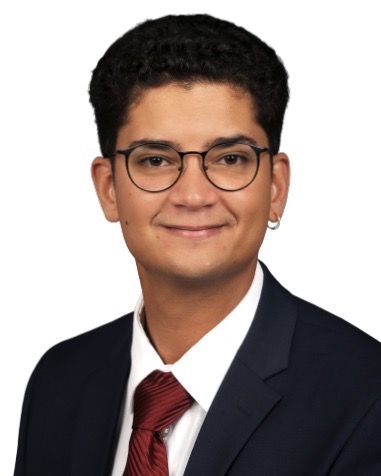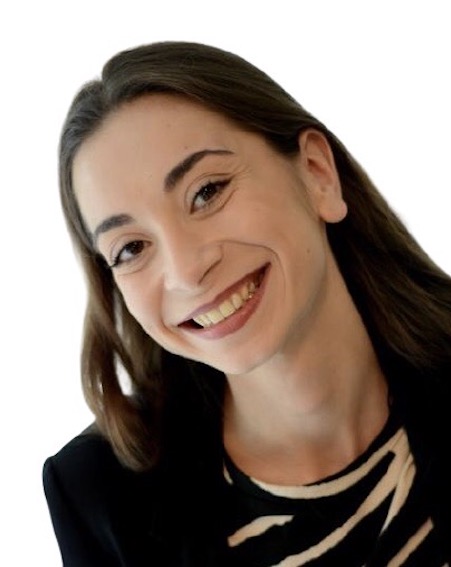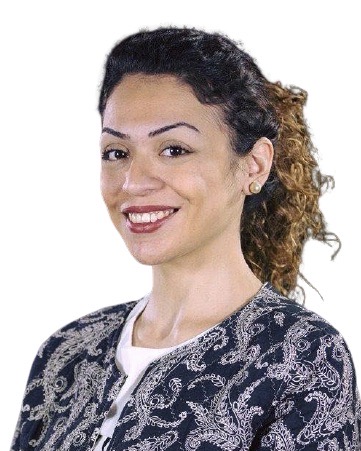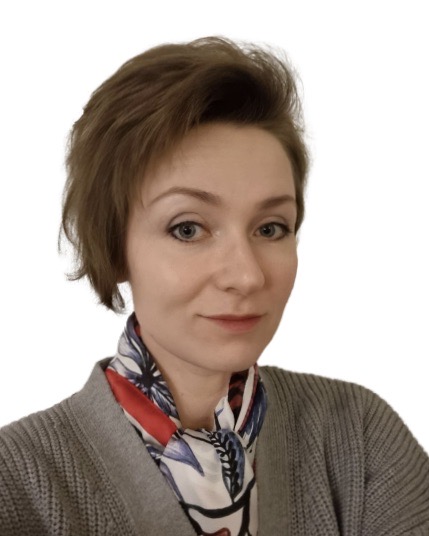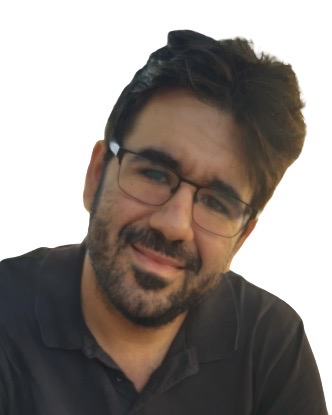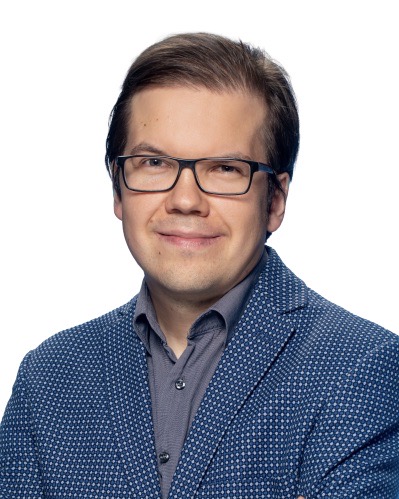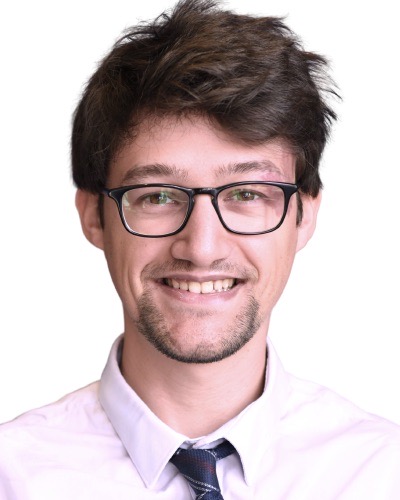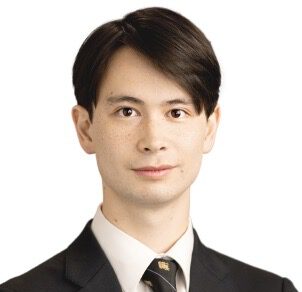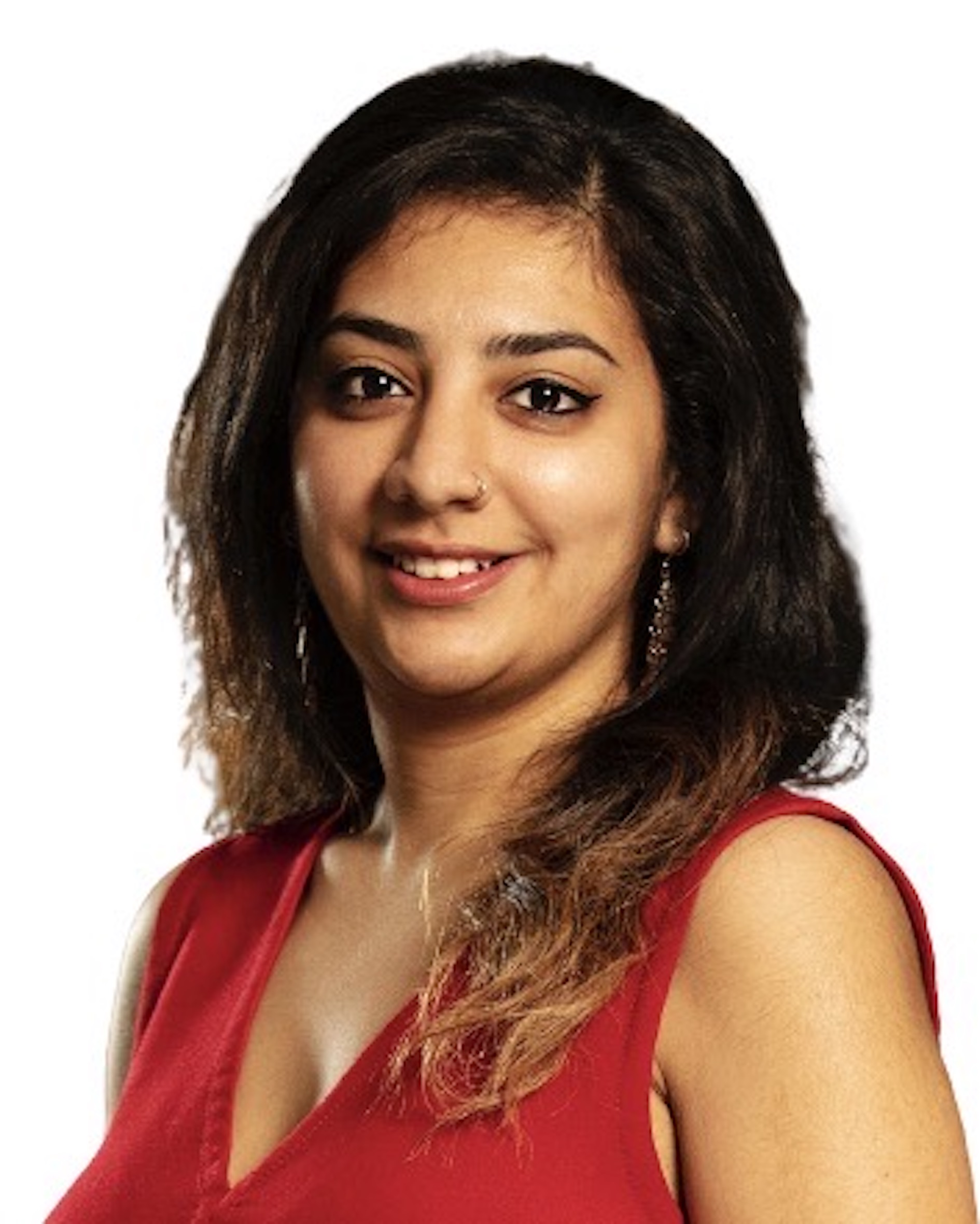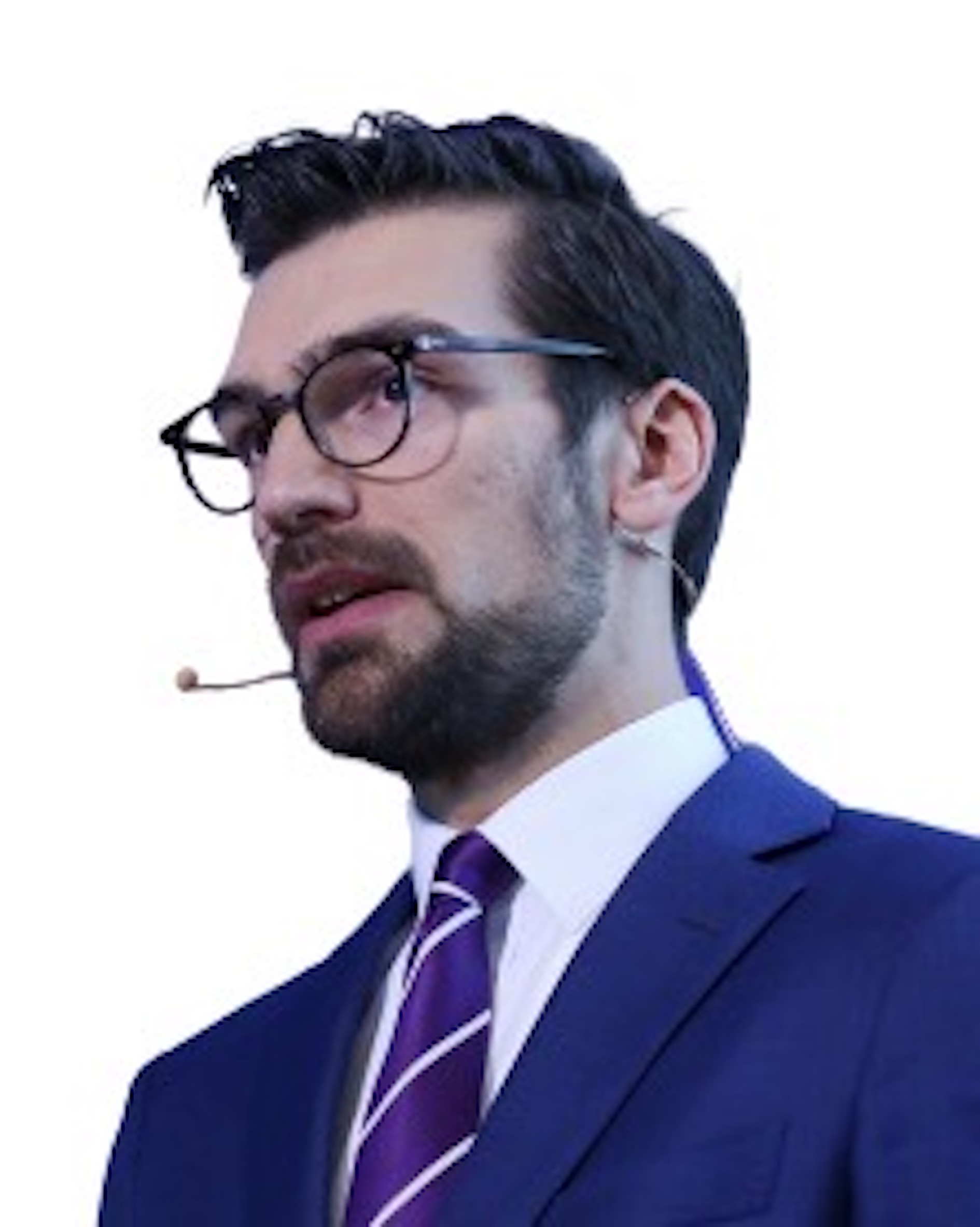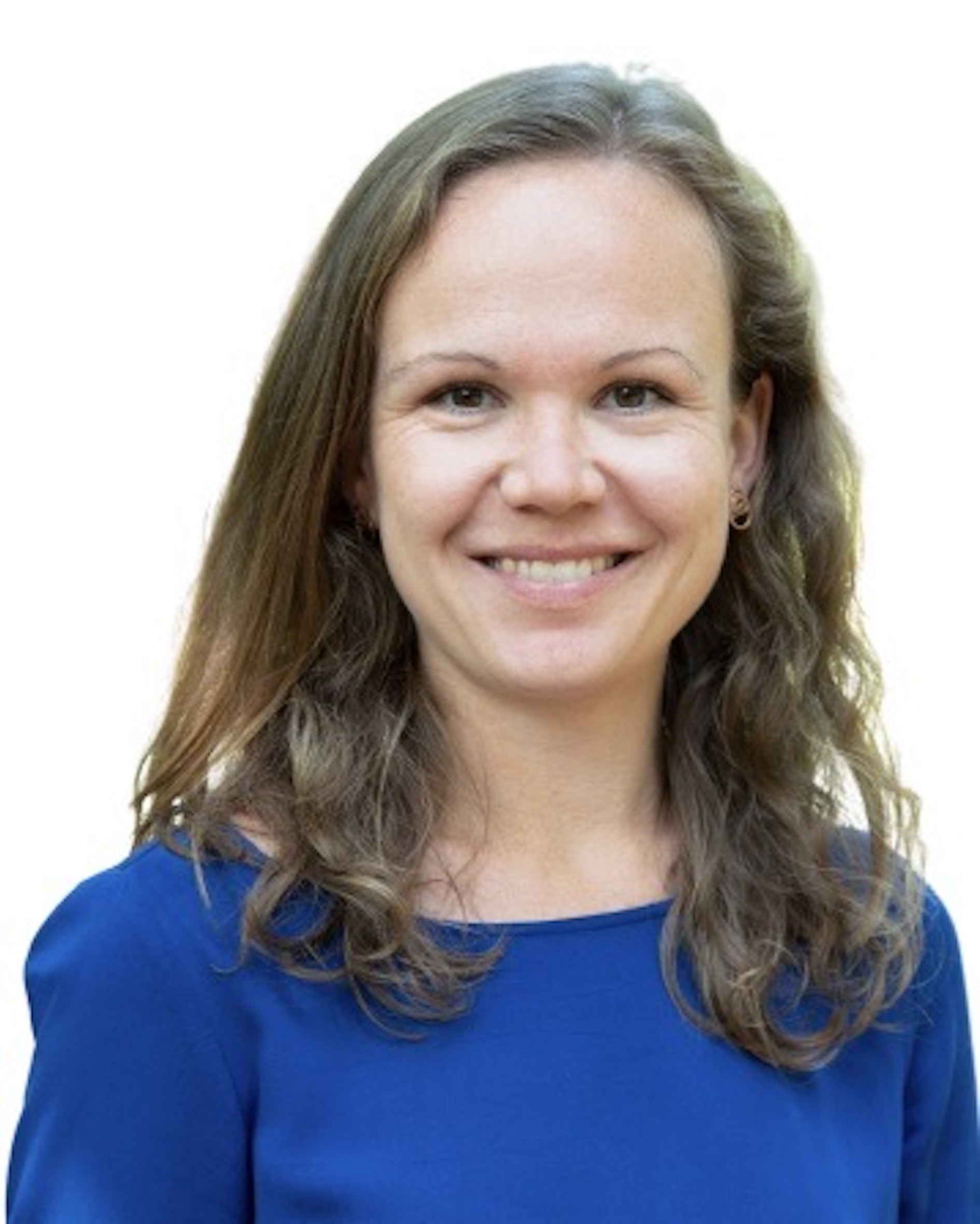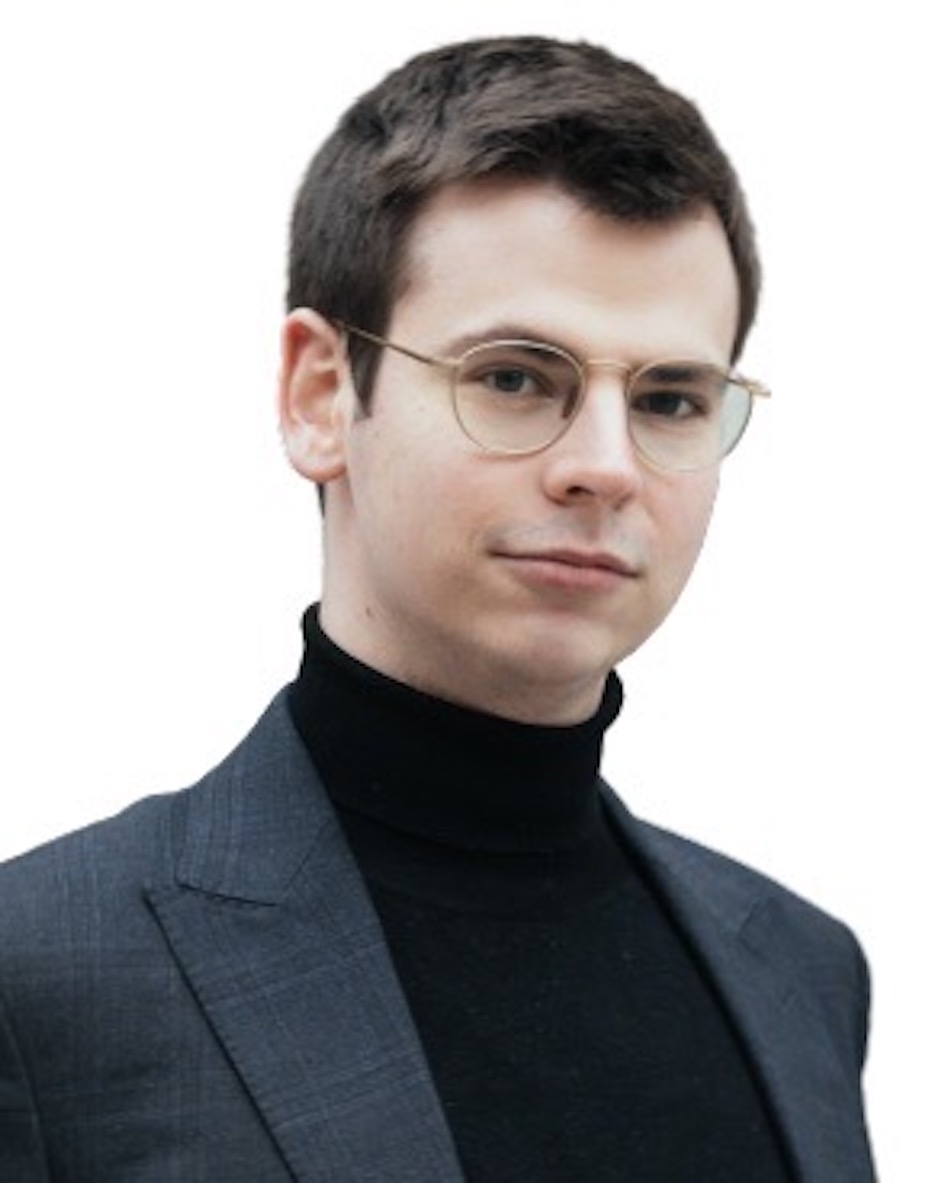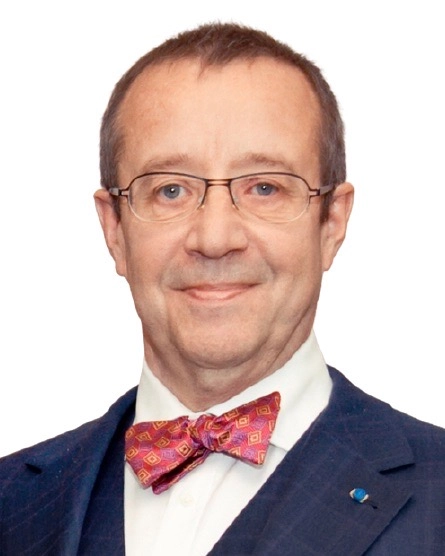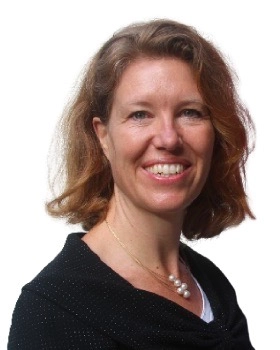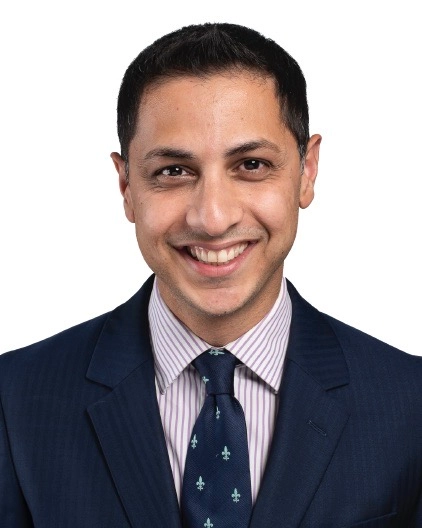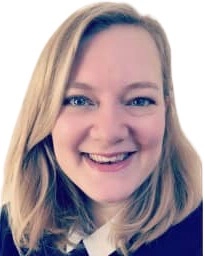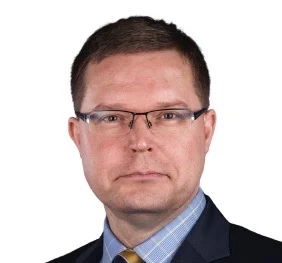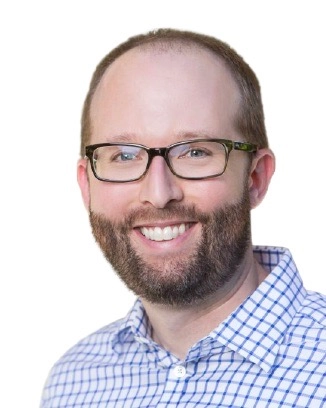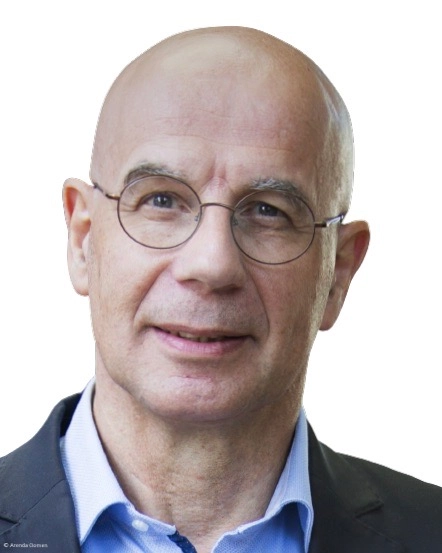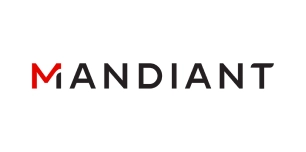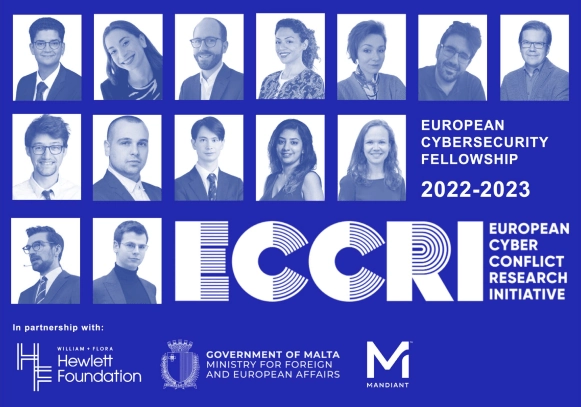
The inaugural fellowship 2022-2023 welcomed fourteen fellows from government, civil society, academia, the private sector, and journalism. Fellows were selected for their strong interest in cybersecurity and their passion for driving change.
Fellows participated in a series of workshops with topics ranging from EU cyber policy, content moderation, and cyber norms building processes to building practical skills in technical analysis. Fellows also received support in policy-relevant writing, gained access to networking events and received regular updates about the latest opportunities in the field.
After graduating from the program, fellows joined ECCRI’s Alumni network, where they receive continued support from the ECCRI team, its partnership network, and fellow Alumni in their career development.

